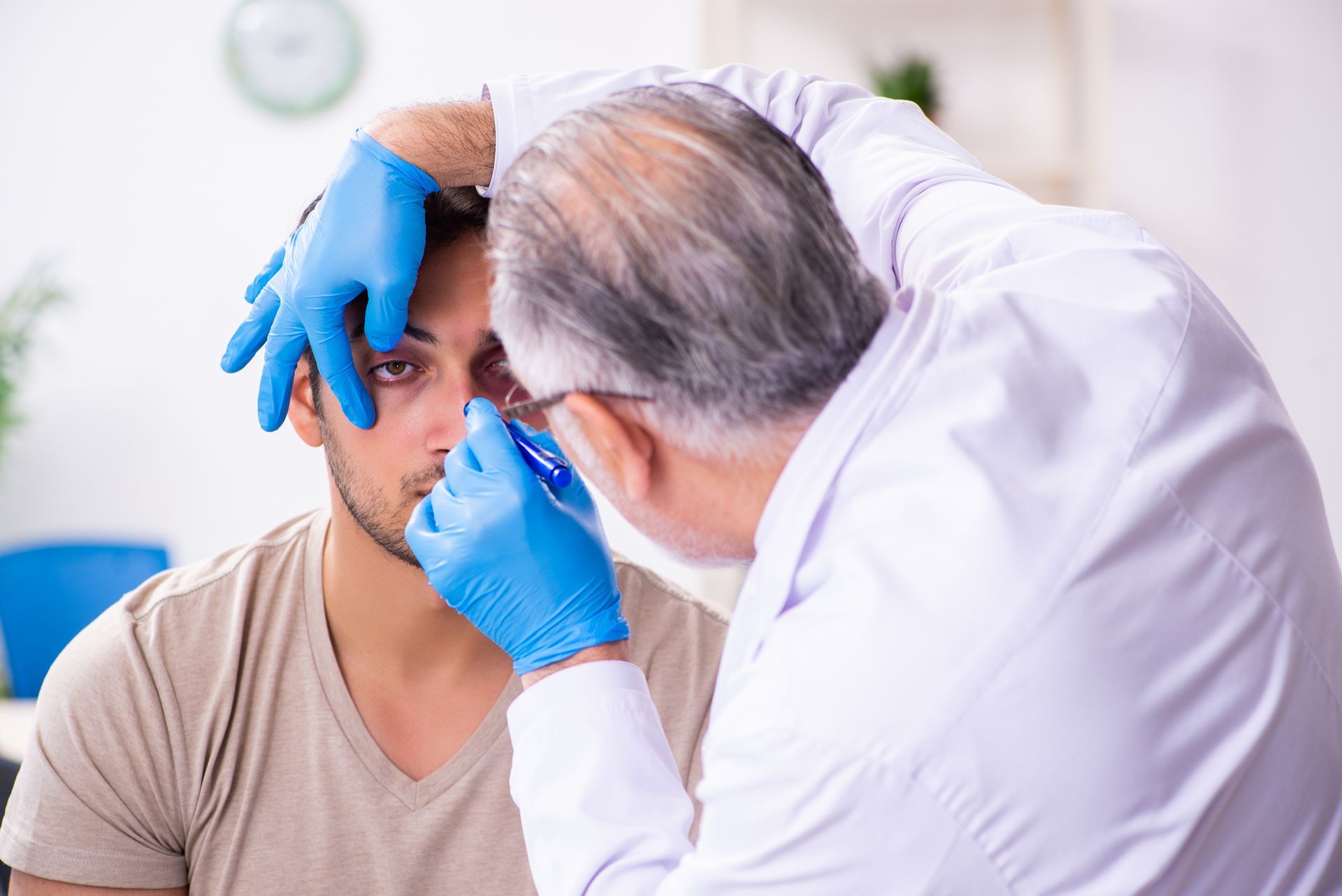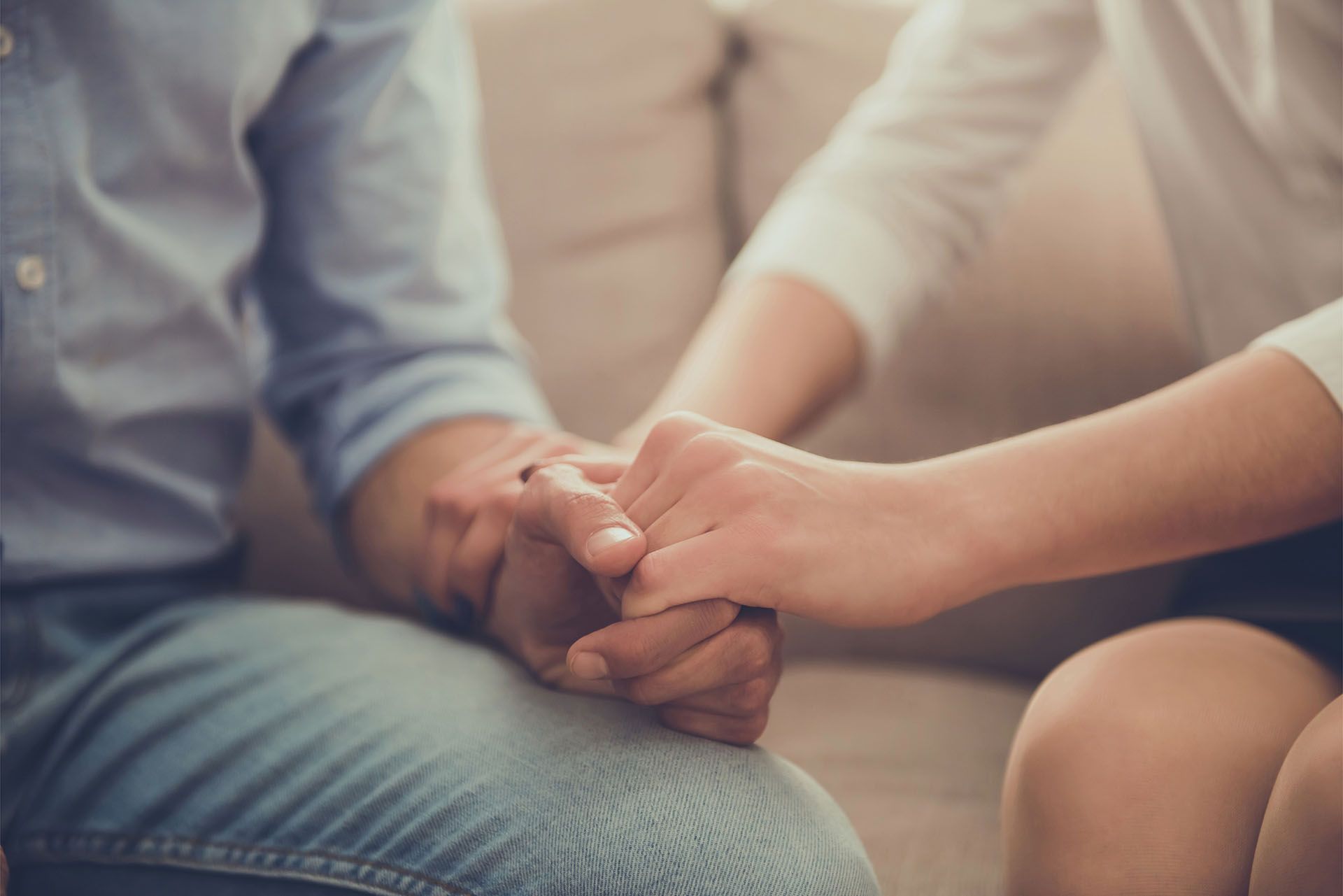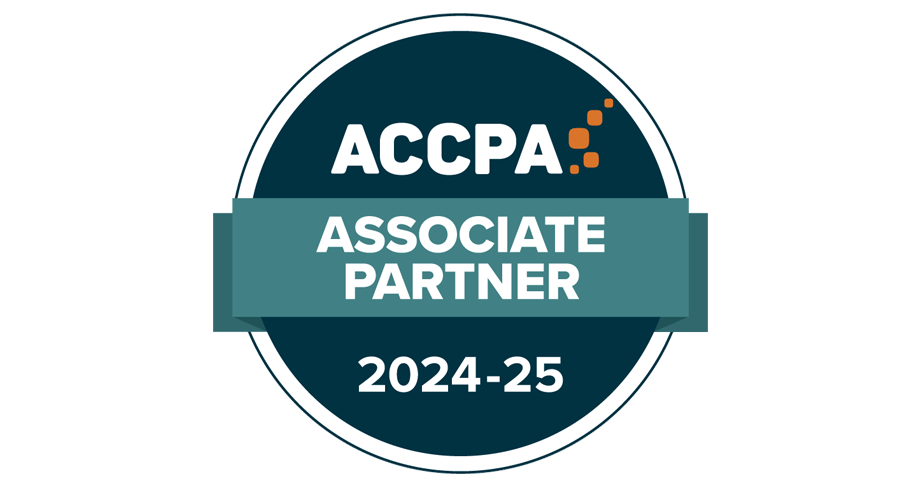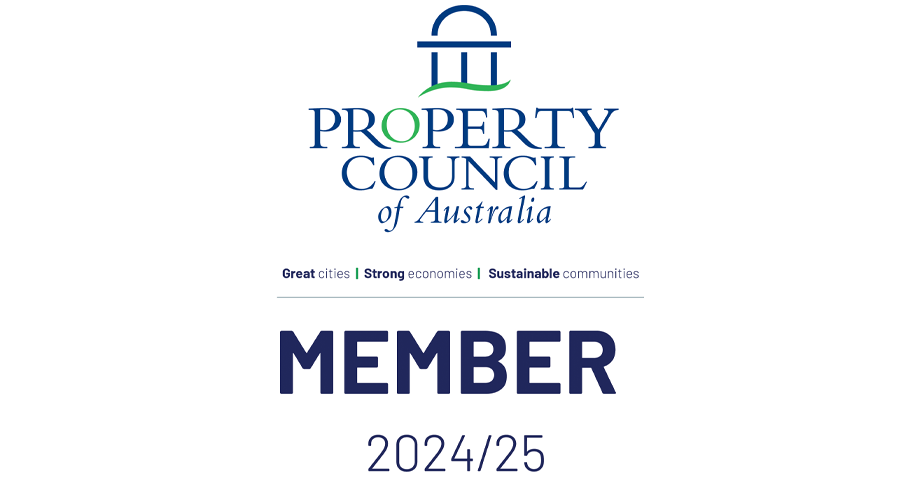INS LifeGuard
Concussion: Identifying the Signs and Symptoms

Concussions are a significant concern for many Australians, particularly in contact sports where head injuries are prevalent. According to the Australian Institute of Health and Welfare, thousands of concussions occur annually, affecting not only athletes but also everyday individuals involved in accidents or falls.
That’s why understanding the signs and symptoms of a concussion is crucial, as timely identification can significantly impact recovery. In this blog, we will discuss key warning signs to look for and highlight the importance of seeking prompt medical attention to ensure proper care and support. By being informed, you can help protect yourself and others from the potential long-term effects of concussion.
What is a Concussion?
A concussion is a type of traumatic brain injury (TBI) that occurs when a sudden impact or jolt to the head disrupts normal brain function. This can happen due to a fall, a sports-related injury, a car accident, or any situation that causes the head to move violently back and forth.
During a concussion, the brain may bounce or twist inside the skull, leading to chemical changes and damaging brain cells. While most individuals recover from a concussion with appropriate rest and care, some may experience prolonged symptoms, a condition known as post-concussion syndrome. This underscores the importance of recognising symptoms early and seeking medical attention.
Causes of Concussion
Concussions can occur due to various situations that result in a sudden impact or jolt to the head. Here are some common causes of concussions:
Slips, trips, or falls, especially from heights, can cause a sudden blow to the head, leading to concussions.
Sports Injuries
Contact sports like football, rugby, or soccer, as well as activities like boxing, are common sources of head injuries.
Motor Vehicle Accidents
Collisions or crashes can cause a jolt to the brain, resulting in concussions due to the impact.
Physical Altercations
Head trauma from fights or physical confrontations can lead to a concussion.
Explosions
The force from an explosion can cause traumatic brain injury, including concussions, even without direct contact.
Shaking Injuries
Violent shaking, such as in cases of shaken baby syndrome, can lead to serious head injuries like concussions.
Bicycle or Skateboard Accidents
Losing control or falling from a bicycle or skateboard, especially without a helmet, can result in head injuries.
Other High-Impact Activities
Sports like skiing, snowboarding, or extreme activities involve risks of head trauma from high-speed impacts.
Early Signs and Symptoms of Concussion
The symptoms of a concussion can vary widely among individuals and may not be immediately apparent. For most individuals, symptoms may be evident right away. Here are the early signs and symptoms of a concussion.
- Headache
- Dizziness
- Nausea or vomiting
- Balance problems
- Sensitivity to light or noise
- Blurred or double vision
Delayed Symptoms of Concussion
While some individuals may experience symptoms immediately, others may not notice them until hours or even days after the injury. Being aware of the warning signs is essential for prompt treatment. Below are the delayed symptoms of a concussion that you need to watch out for.
- Confusion
- Difficulty concentrating
- Memory problems
- Irritability
- Sadness
- Increased anxiety
- Insomnia, difficulty falling asleep, or sleeping more than usual
- Feeling tired or unrefreshed after sleep
Diagnosing a Concussion
It’s important to understand that concussion can only be diagnosed by a healthcare professional. That’s why it is crucial to seek medical attention if you’ve experienced a head injury or suspect you may have concussion symptoms. Self-diagnosis can be risky, as symptoms may not always be immediately obvious or may overlap with other conditions.
To help determine the severity of the injury and recommend the appropriate course of treatment, the healthcare professional will perform the following tests:
Physical Exam
This helps assess any visible signs of injury, such as bruising, swelling, or tenderness around the head and neck.
Neurological Exam
The provider will evaluate your reflexes, balance, coordination, and cognitive functions to check for any disruptions caused by the concussion.
Concussion Assessment Tools
They may use specific tests, such as the SCAT5 (Sports Concussion Assessment Tool), to evaluate memory, attention, and orientation.
Imaging Tests
In some cases, a CT scan or MRI may be recommended to rule out more severe brain injuries like bleeding or swelling.
10 Helpful Tips to Help You Recover from a Concussion
Recovering from a concussion presents its own unique challenges, from managing symptoms to gradually returning to daily activities. Our free resource offers essential tips and expert guidance to support your recovery journey and ensure a safer, smoother healing process. Download it today to equip yourself with the knowledge you need to navigate this crucial time and reclaim your well-being.

How Personal Alarms Enhance Safety During Emergencies
Recovering from a concussion can be unpredictable, with symptoms varying daily and causing frustration for both the individual and their loved ones. INS LifeGuard’s personal alarm systems provide essential support, offering immediate access to qualified nurses during health crises. Whether dealing with sudden dizziness, confusion, or other symptoms, help is just a button press away.
24/7 Emergency Nurse Support
Concussion recovery can be overwhelming, with symptoms that may appear unexpectedly. Our personal alarms connect you to experienced nurses 24/7, providing expert care at the press of a button. Whether managing sudden confusion or addressing a fall due to dizziness, you can have peace of mind knowing support is always available.
Fall Detection and Prevention
Falls are a leading cause of concussions, and our personal alarms feature automatic fall alert system. If a fall is detected, the system alerts our Emergency Response Centre, ensuring quick help even if the user cannot press the alarm.
Two-Way Communication
Concussions can lead to confusion, dizziness, and emotional distress. Our alarms include a two-way speaker, allowing direct communication with our response team, who provide reassurance and immediate support as needed.
Geofence Alerts for Safety
Geofence alerts help ensure individuals recovering from concussions stay within safe areas. Caregivers receive notifications if boundaries are crossed, enabling them to respond swiftly and provide added security during recovery.
Comprehensive Health Monitoring and Prevention
The INS LifeGuardian® app, available on Android and iOS, integrates with your smartwatch to provide continuous health monitoring and proactive care. Tracking vital signs helps prevent emergencies by identifying issues early, offering real-time alerts, and ensuring well-being.
Conclusion
Concussion recovery often brings daily challenges, stress, and anxiety. INS LifeGuard’s personal alarm systems deliver vital support, connecting users to immediate medical assistance and experienced nurses who assess and guide them through symptoms. This reassurance helps patients and their families focus on recovery without fearing isolation during a crisis. With a simple button press, users gain essential support, making sure no one faces recovery alone.

About
INS LifeGuard is the only 24/7 nurse on-call personal and medical monitoring in Australia. We provide monitoring technology for both in the home and on the go and can also monitor other provider's equipment. Our services are suitable for anyone wanting support to stay independent such as the elderly, those with medical conditions and disabilities plus enhancing safety and security for lone workers.















